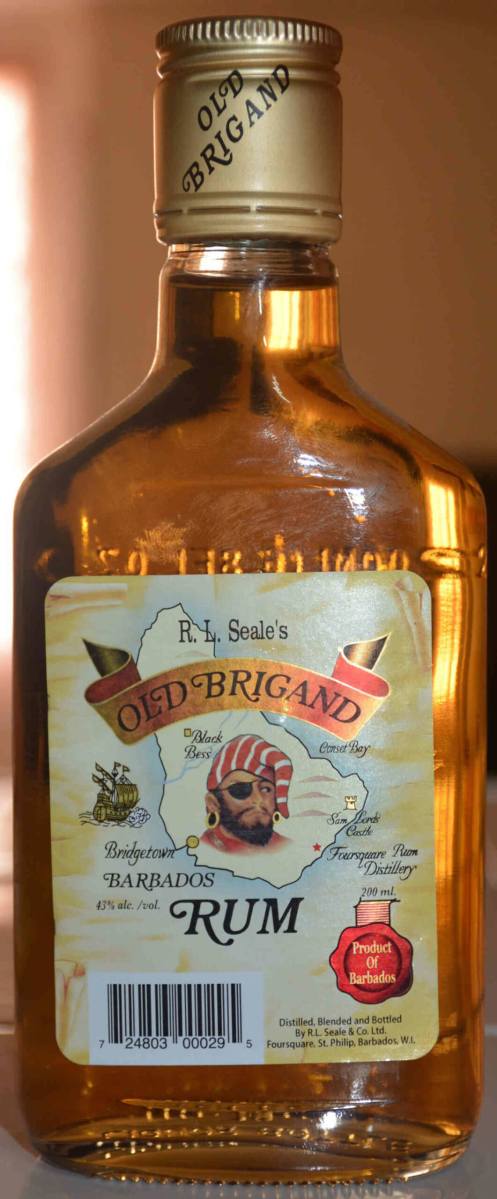There is a dispute over the identity of rum and what makes it authentic brewing in Barbados that filters all the way to France.
Three of Barbados’ four traditional distilleries are up against the fourth, which was two years ago bought by a French firm that is now insisting on adding sugar to the liquid instead of the molasses used for hundreds of years and probably ship it to France for ageing instead on the island, but still call it Barbados rum.
The trio, Mount Gay, Foursquare, and St. Nicholas Abbey and are saying that not only is West Indies Rum Distillery’s (WIRD) proposal a no-no and goes against hundreds of years of tradition, but also ageing the liquid elsewhere takes away the Barbados identity and should not be associated with the island in branding.
At the heart of the debate is the concept of ‘Geographical Indication’, which the World Intellectual Property Organisation described as “a sign used on products that have a specific geographical origin and possess qualities or a reputation that are due to that origin. In order to function as a GI, a sign must identify a product as originating in a given place. In addition, the qualities, characteristics or reputation of the product should be essentially due to the place of origin”.
Many international conventions and organisations including the World Trade Organisation subscribe to this view and therefore give trade and copyright protection to a brand based on GI.
For this reason, a government agency, Barbados Investment and Development Corporation, is seeking to compose a definition of the island’s rum to use as its GI, giving protection to the four producers, who must all agree to it.
The trio who claim to account for 90 per cent of rum bottled on island say they agree with the definition proposed.
WIRD is mainly a bulk producer and its new owners, Maison Ferrand, a French drinks maker wants to add to the proposed definition.
The trio issued a statement this month making known its agreement with the proposal that among other things, “under the GI, Barbados Rum will be required to be matured in Barbados as the climate of maturation has a defining impact on the nature of a spirit”.
They noted, “either fresh juice, syrup or molasses may be used. Any yeast may be used, but non saccharomyces strains must be native”.
“Unlike nearby volcanic Islands, Barbados is an Island of coral limestone with underground aquifers. Barbados is famous for the quality of its water and the GI retains a requirement for the use of Barbados water to make Barbados Rum.”
But Maison Ferrand wants the rum produced in ‘diverse and innovative ways’.
In a statement to Spirits Business magazine, Maison Ferrand asked, “why should we handcuff future generations of rum makers to one particular style of rum and lead to rum standardisation in Barbados?”
“We at West Indies Rum Distillery are all for an inclusive GI, not an exclusive GI. We are fighting to protect the heritage of rum and its future.”
According to the magazine, Ferrand believes the rum could be fermented and distilled in Barbados aged on island for the first year then transported to another territory, possibly France, to grow older in a process called ‘double ageing’.
This has not yet degenerated into a drunken brawl, but for Barbadians fond of reminding anyone that rum was invented on this island, it could get there.

















